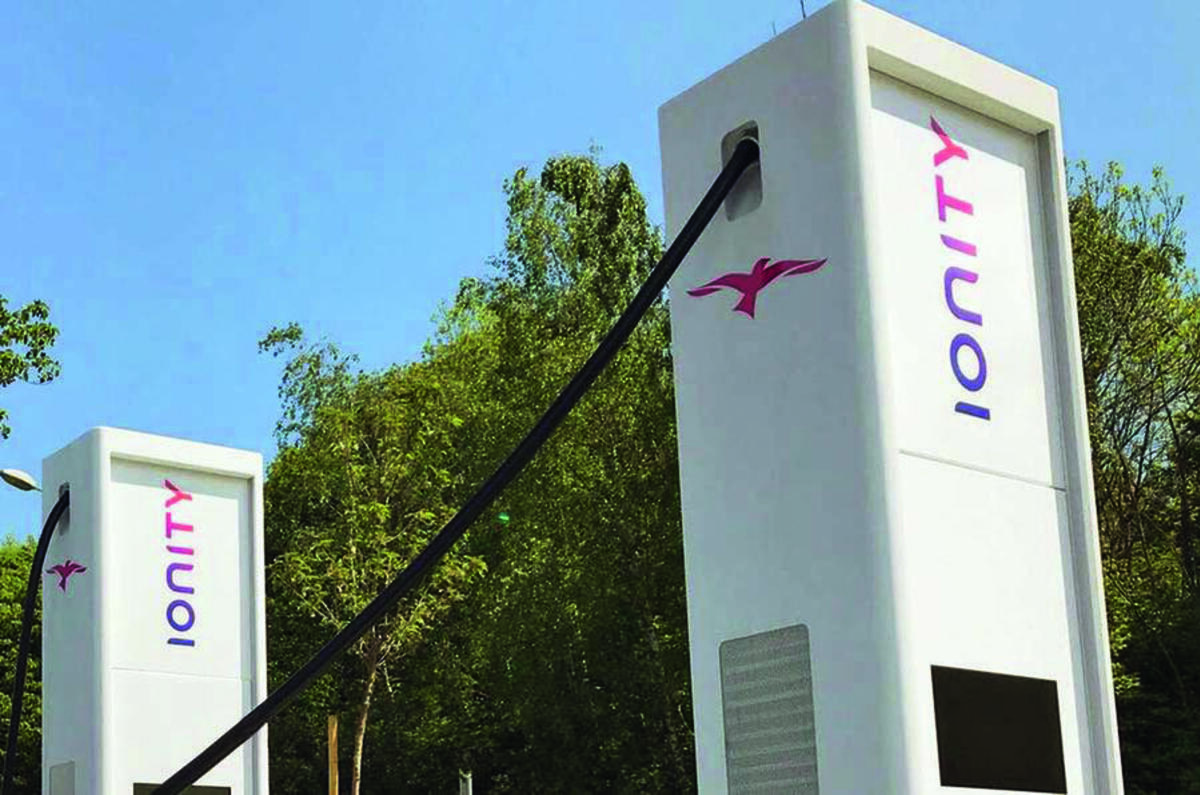Imagine how frustrating it would be if every petrol company used a different type of fuel pump system, requiring you to only be able to stop at one type of filling station or sign up to multiple different accounts.
It would make the simple act of refuelling a combustion-engined car much more complicated - but it’s a situation that will be familiar to electric car drivers who use public charging stations. Keeping an EV charged on the go can require carrying multiple cables and signing up to a host of different providers.
It’s incredibly irritating, and - as we’ve found on numerous occasions - can really damage the experience of driving the latest breed of incredible EVs.
So it probably didn’t take a taskforce gathering input from more than 350 related companies and bodies to highlight the fact that something needs to change in order to help drive the mass adoption of EVs. You could simply have asked a handful of EV owners.
But the calls for ‘interoperability’ made by the Electric Vehicle Energy Taskforce should be welcomed nonetheless, simply because it highlights a simple, easy way of making recharging an EV easier.
Imagine how much easier it would be if you could sign up to one service and plug in at any public charging point - no matter which company runs it, how fast it is or where it is in the UK or, potentially, Europe.
Think of how your phone can ‘roam’ when abroad, working with a different network without needing a different account. That’s how EV interoperability would work, along with clear, standard labelling allowing you to clearly see the price of using any given charging point.
It would be a huge boost to EV owners and would massively simplify the process of recharging - which remains a barrier to buying an EV for many.
Will it happen? Technically, it’s quite simple, as bosses from ABB, a major EV charging point producer, told me earlier this year. The challenges lie in agreeing a standard and persuading companies to share the data necessary to make the process work.








Join the debate
Add your comment
reinventing the wheel
Why are manufacturers all designing wholly new vehicles as EVs? Surely the fastest way to get more EVs on the road is to produce cars? It may not be the perfect product, but we need to cut petrol out ASAP. Steps as follows:
Take a popular car.
Don't put the ICE into it.
Insert EV power train.
Sell it to lots of customers.
Not rocket science
The above would greatly reduce the R&D budgets and so reduce OTR cost. Once we can buy an EV FOCUS etc, then design a new model with wholesale style change etc.
Cost and availability of decent sized cars are the big blockers.
Charging sockets can and should be standardised. They need to learn from Apple's mistakes Vs the USB. Manufacturers need to open up, cooperate and take some credit for helping to save the world.
The charging method is the smallest of these hurdles, which the suppliers should simply sort out. That's simple IT hardware and software. Putting a bank card into a slot should not need major GDPR solutions.
Its not just as simple as
Its not just as simple as agreeing to have a common billing method.
Take the Tesla superchargers as an example, the V3 charger charges at a rate of 270kw if you plug a Model 3 into it.
Tesla have said the would open their network up to others, but nobody has taken up the offer as it would effectively tie them to Teslas standards and also a few years ago most manufacturers would have been shy of designing a car which could charge at that rate.
While doubtless Tesla could design the supercharger to work at some lower charge rates why would they want to?
Why would they want to let a rival manufacturers car occupy their stalls charging at 1/5th the rate?
Debit cards
Some of the more expensive networks do have pay-as-you-go credit/debit card readers. There's an issue that the equipment is pretty costly - I think it adds about £1k to the price of the unit - and also they can be unreliable. For some reason, RFID cards seem to be the most reliable way to access a chargepoint.
If you do your research then the current multi-operator network isn't too hard to master, but for people coming in blind (or who just aren't that tech-literate) it is definitely a major issue. Simplifying the network will make the EV transition much easier.
For me though the big issue is that if we have network roaming, the operator doesn't charge a higher price than if the user accesses via the network's RFID card or app. My understanding is that this happens in some parts of Europe, and it'll defeat the point of roaming. If people can charge more cheaply by having half a dozen apps, that's probably what they'll do.
What I'd also like to see is live data on chargepoint availability, pricing and speeds appear in the car's satnav, like the Superchargers do for Teslas. I'm not sure if this is already possible, but if so, my i3 doesn't have it. It's a bit irritating having to plan my route on Zap-Map then separately enter each waypoint in the car's navigation.
Clarifying previous post